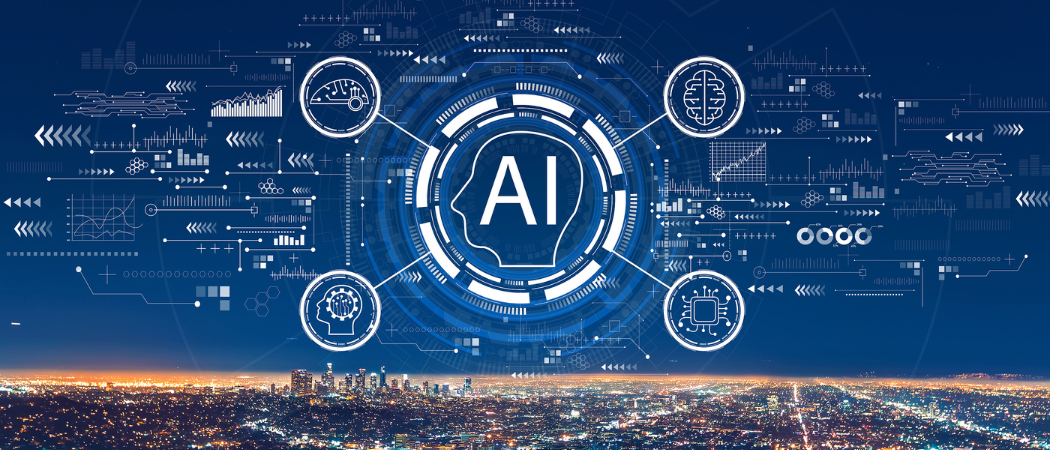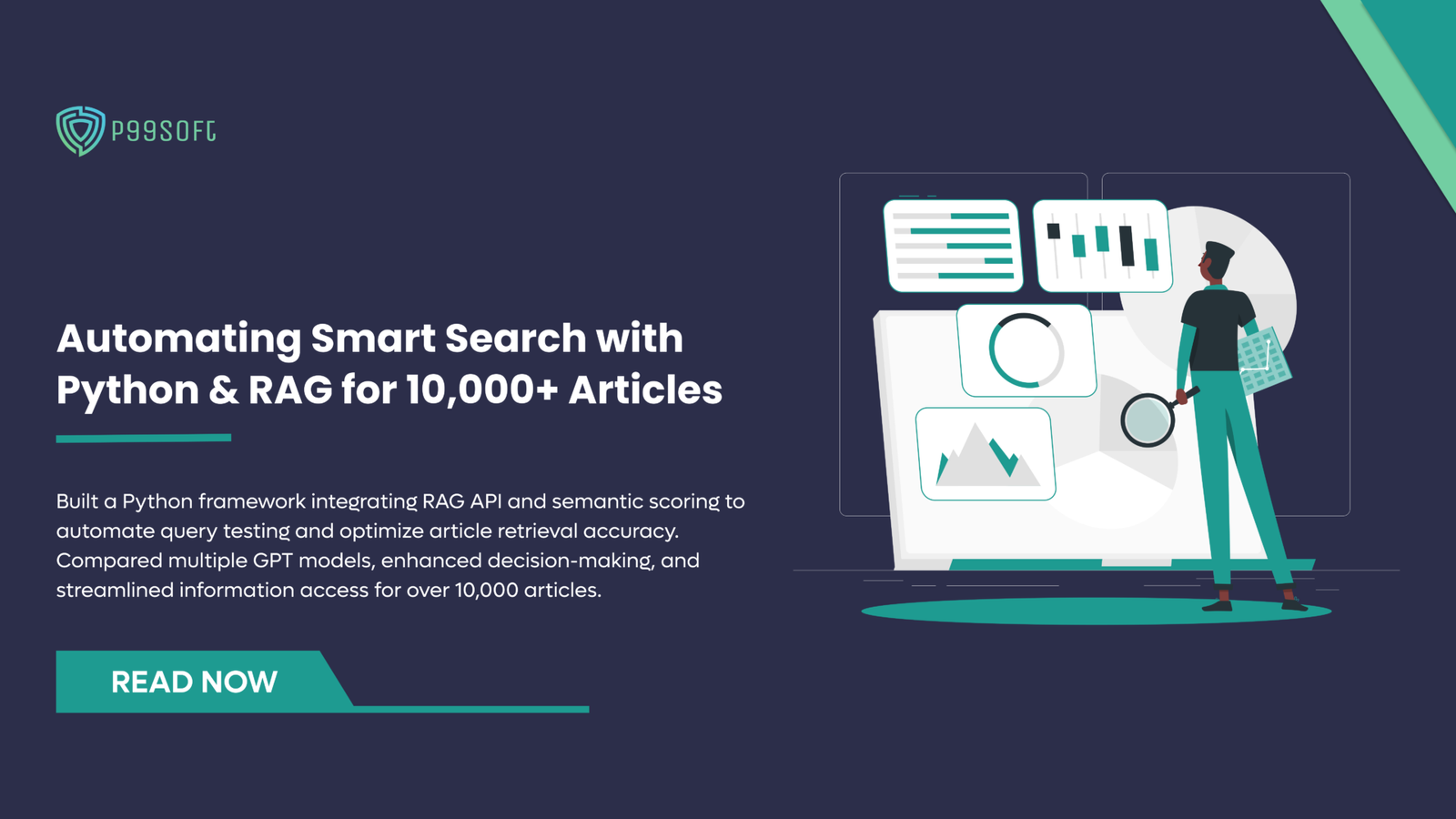The application of artificial intelligence (AI) in software development projects is
becoming increasingly popular due to the benefits it can bring. AI can help
speed up the software development process, improve code quality, and
reduce the risks associated with developing software. In this blog post, we’ll
explore how AI is being used in software development projects and some of
the benefits that it can bring.
What is artificial intelligence? How can it be used in software
development projects?
Artificial intelligence (AI) encompasses the development of computer programs and
systems that can conduct tasks normally requiring human intelligence, such as visual
perception, speech recognition, decision-making, and language translation. AI can
bring immense value to software development projects, enabling computers to
analyze data from multiple perspectives and apply complex algorithms to identify
patterns, make predictions, or recommend solutions automatically.
Artificial intelligence (AI) is significantly transforming software development by
automating various aspects of the development lifecycle, enhancing productivity, and
improving the quality of software. For example, AI-powered software automation
technology can be used for automated testing cycles in software development
projects to detect errors quickly and increase the programming speed.
Here are some key ways AI is impacting software development:
- Automated Code Generation:
AI is being used to automatically generate code based on high-level
descriptions or specifications. This technology, known as “auto-programming”
or “code synthesis,” can save developers time and effort by generating code
for repetitive or boilerplate tasks. Artificial Intelligence (AI) can be used to
improve the quality of code in software development projects. Utilising
AI algorithms and techniques, code analysis can be conducted more
accurately, quickly, and consistently. Even during the development
process, AI can identify existing issues and offer solutions in real time.
AI can predict-many coding errors, helping developers create
higher-quality software output and reducing the time needed for manual
review. - Intelligent Code Review:
AI-based tools can analyze code to identify bugs, vulnerabilities, and coding
errors. By leveraging machine learning techniques, these tools can learn from
existing codebases and provide recommendations to improve code quality
and ensure adherence to best practices. - Bug Detection and Testing:
AI-powered testing tools can automatically generate test cases, simulate user
interactions, and identify potential bugs or issues in software. Machine
learning algorithms can analyse code changes and historical bug data to
predict areas of the code that are likely to contain bugs, allowing developers
to focus their testing efforts effectively. Artificial intelligence (AI) has
revolutionised the software development industry with its ability to
detect bugs and imperfections in code. It can quickly identify errors,
inconsistencies, and inefficiencies that human coders may have
overlooked due to time constraints or lack of attentiveness. - Natural Language Processing (NLP):
NLP enables software development teams to extract valuable information
from unstructured data, such as documentation, user feedback, or code
comments. NLP can be used for tasks like requirements gathering, sentiment
analysis, or automatic documentation generation, helping developers better
understand user needs and improve software quality. Natural language
processing is a branch of artificial intelligence that deals with how computers
can understand and analyse unstructured data. This is made possible through
programming languages such as python. NLP technologies are used in
various applications, including automated customer service, chatbots,
intelligent personal assistants, sentiment analysis, text classification, question
answering, machine translation, and information extraction.With the advent of
Deep Learning, NLP has made significant progress in recent years and is now
one of AI’s most active research areas. - Intelligent Debugging:
AI can assist in the debugging process by automatically detecting, diagnosing,
and suggesting fixes for software issues. By analyzing program execution
traces, logs, and error messages, AI can help developers pinpoint the root
cause of bugs more efficiently, reducing debugging time.

- Continuous Integration and Deployment:
AI can optimize the continuous integration and deployment processes by
automating tasks like building, testing, and deployment of software. AI-based
systems can learn from historical data to optimize resource allocation, identify
performance bottlenecks, and improve the overall efficiency of the software
delivery pipeline.AI can protect developers from such issues during upgrades
and lessen the likelihood of deployment failure. Another benefit of artificial
intelligence is that it allows machine learning algorithms to examine the
deployment process. - Intelligent Code Completion:
IDEs (integrated development environments) are tools that help developers
write code more efficiently. Some IDEs now use AI to provide code-completion
suggestions based on what has been written. This can speed up development
time and help prevent errors.AI-powered code editors and IDEs can offer
intelligent code completion suggestions based on context, code patterns, and
previous usage. These tools can improve developer productivity by reducing
typing effort, catching errors, and providing relevant code snippets. - Predictive Analytics:
AI can analyze large amounts of data generated during the software
development process to provide insights and predictions. This can help
project managers estimate effort, identify potential risks, and optimize
resource allocation.Predictive analytics is a powerful tool that can help
software developers make better project decisions. By using AI to analyze
data, developers can identify trends and patterns that they may not have been
able to see with the naked eye. This information can then predict how likely a
project is to succeed or fail and what steps need to be taken to improve the
chances of success.
Conclusion :
Artificial Intelligence coupled with Machine Learning and Deep Learning, and NLP
create some unprecedented capabilities to transform the software development
process. In layman language, we can say that AI-aided tools mimic human behavior
and fulfill some routine tasks with utmost efficiency.
AI and ML-powered tools are making software developers and testers more effective
and productive, as it allows them to build high-quality software solutions. AI and ML
not only help companies to develop software, but also assist them to understand
customer behavior, test the code, equipping the code with adequate security, and
make strategic decisions. Keeping all this in mind, technology leaders must opt for
AI-powered tools and technologies to transform their software development process.
Overall, AI is revolutionizing software development by automating repetitive tasks,
improving code quality, accelerating testing processes, and providing valuable
insights to developers. It enables developers to focus more on creative
problem-solving and innovation, leading to faster and more efficient software
development cycles.




